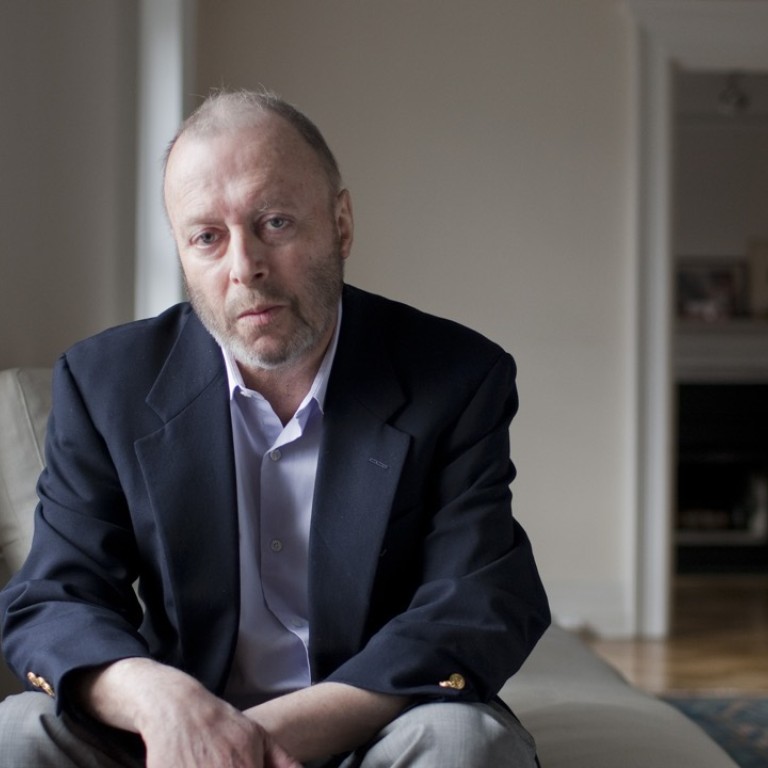
Review | Book review: Christopher Hitchens place as the contrarian’s contrarian cemented
One of the pleasures of this posthumous collection of works by the essayist and polemicist is the frequent sense that Hitchens’ voice still haunts the news
![]](https://www.scmp.com/sites/default/files/styles/236w/public/images/methode/2016/01/15/e36e7562-b836-11e5-9ce7-2395197ababe_236x.jpg?itok=t7bCIH4J)
by Christopher Hitchens
Atlantic Books

I don’t know if the late Christopher Hitchens left written instruction, but the publication date of this sixth collection of his essays seems pointedly to have been designed to miss Christmas lists. I had forgotten that among the things Hitchens, the contrarian’s contrarian, sought to dismantle was the festive spirit.
In And Yet, there are two reminders here of that particular heroic and unwinnable campaign. In one (“Bah, Humbug”, an essay from Slate of 2005), he begins with a sharp account of being physically barred from a Bible belt talk show for observing that “Christmas trees, Yule logs, and the rest were symbols of the winter solstice holidays before any birth had been registered in the greater Bethlehem area”. In the other (“The True Spirit of Christmas” for The Wall Street Journal in 2011), he reveals that (of course) he knew all the words to Tom Lehrer’s unhappy holidays carol, and sang them loudly in the presence of any holly and ivy gathering, as evidence of his “root-and-branch resistance”.
Hitchens proceeds in both essays (he was not above a little seasonal recycling) to employ his Jesuitical arsenal of historical and literary allusion to advance the case that living through an American (or British) Christmas was analogous to existing in a “one-party state”. In the latter essay, he goes to some lawyerly length to address the “most Scrooge-like of questions: is there a constitutional issue here?” As often with Hitchens, the brilliance of the self-righteous anger, and the engaged wit of the delivery, makes you think he is joking. He is not, entirely.

Elsewhere, much that Hitchens foretold has come to pass. The canonisation of Mother Teresa (“a fanatic, a fundamentalist and a fraud”) would have confirmed all he understood about the ways of the world, not least his strong sense that no bad deed goes unrewarded (Henry Kissinger comes in for further special mention in this regard, also).
We are also reminded that the author was ahead of the game in filing a suit against the US National Security Agency because of evidence that “it was engaging in widespread warrantless surveillance of American citizens” (this was in 2003, a decade before Edward Snowden) and was condemned by the Bush administration for “giving aid and comfort to the enemy”.
It is a measure of Hitchens’ gift for triangulation that he could allow such revelations to exist alongside his qualified support for the “war on terror”. He backed himself into many corners with his arguments in favour of armed struggle against the “forces of al-Qaeda, the Taliban and Saddam Hussein”, insisting on viewing the latter, as in that sentence, and in line with his then president, as a united front. Significant parts of this book inevitably trace the subsequent fallout from such provocations of critics both on right and left.
Hitchens was the keenest student of unintended consequences and his writing remains most alive when conveying the ironies of postcolonial history; ironies that had long led him to conclude, in the well-chosen final words of what may be the final collection of his work, that “internationalism is the highest form of patriotism”.
The Guardian

